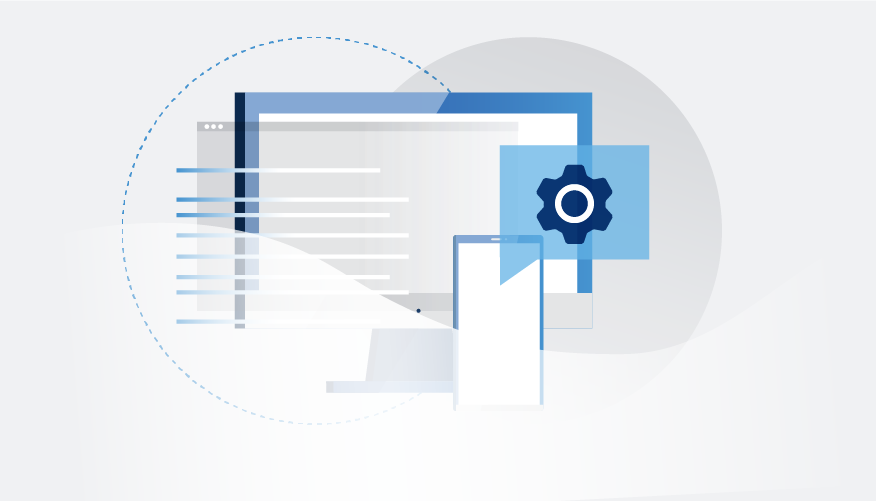
Hint: technology constantly at work in the background
Integration has long been considered the holy grail on a financial advisor’s desktop—and for good reason. Integrated technology can improve efficiency and help you maintain a high level of service for your clients. Still, there are two interesting truths to keep in mind when thinking about the role of integrated technology in financial services: integration means different things to different people, and integration is never complete.
Integration is a work in progress
This is true in every industry, not just ours. Take the example of car manufacturers trying to integrate more internet-based apps and functionality into their vehicles. At some point—perhaps in the not-too-distant future—each time you drive up to the window at Starbucks or Dunkin’ Donuts, your car will know who is with you, along with their preferred drinks. It will then connect to the coffee shop, place the order, and pay with whatever payment preference you have on file, all while making sure that your loyalty reward card is properly credited. This is just one illustration of the millions of integration points being worked on at this moment across all industries.
The age of convenience
Integration has also helped us push personal and business productivity limits, giving rise to the “convenience” age.
Technological improvements have allowed some of the most successful companies to make convenience the core of their business model. The most obvious is Amazon. In addition to aggregating and organizing almost every product ever made within the same online experience, features like one-click payment and same-day delivery through Amazon Fresh continue to change the way consumers pay for and plan their meals. Convenience isn’t something only tech conglomerates can provide. Instacart’s one-hour delivery model, in partnership with local grocery stores, helped shift the “pantry load” mindset.
Convenience goes beyond placing orders; today’s devices proactively offer suggestions on what to order and when. For instance, LG’s InstaView ThinQ refrigerator uses AI to see what’s inside, offers meal suggestions, and informs homeowners on items that are running low.
These services and devices point to something I’ve come to think of as “perfect” technology: technology that you don’t have to actively use. Instead, it’s constantly working in the background and knows what to do for you and when.
What’s next?
Looking beyond integration, will the world even need people for commerce? There are already programs writing programs (PwP), meaning that code is being developed without any human intervention (other than the person who writes the initial code). Plus, artificial intelligence (AI) continues to progress steadily, and the ubiquitous internet connects even the most remote areas of the globe. Given all this, I suspect there will come a time when you and I are no longer needed for the services that we currently provide.
The good news for financial services and FinTech? AI is not likely to take over the jobs we perform anytime soon, needing many more years to realize its fullest potential. But what is in our near future is the next evolution of integration: unification. AI is about more than executing trades for clients. In a 2020 post, I noted that AI would influence how broker-dealers and advisors run their businesses, serve their clients, and act without human interaction. Technologies are now poised to enhance advisor-client relationships by offering timely customized, goal-based, and holistic advice to drive precise outcomes. That’s only possible through integrated platforms that capture the full power of data to unify disparate systems and processes.
With unity of data and functionality, advisors work with data that are more easily consumable—meaning they can provide clients with deeper, more meaningful insights.
Darren Tedesco is President of Advisor360° and has been part of our software development since its inception, bringing together the thinkers, creators, and visionaries that help power our clients’ productivity, profitability, and growth.

 Darren Tedesco
Darren Tedesco


